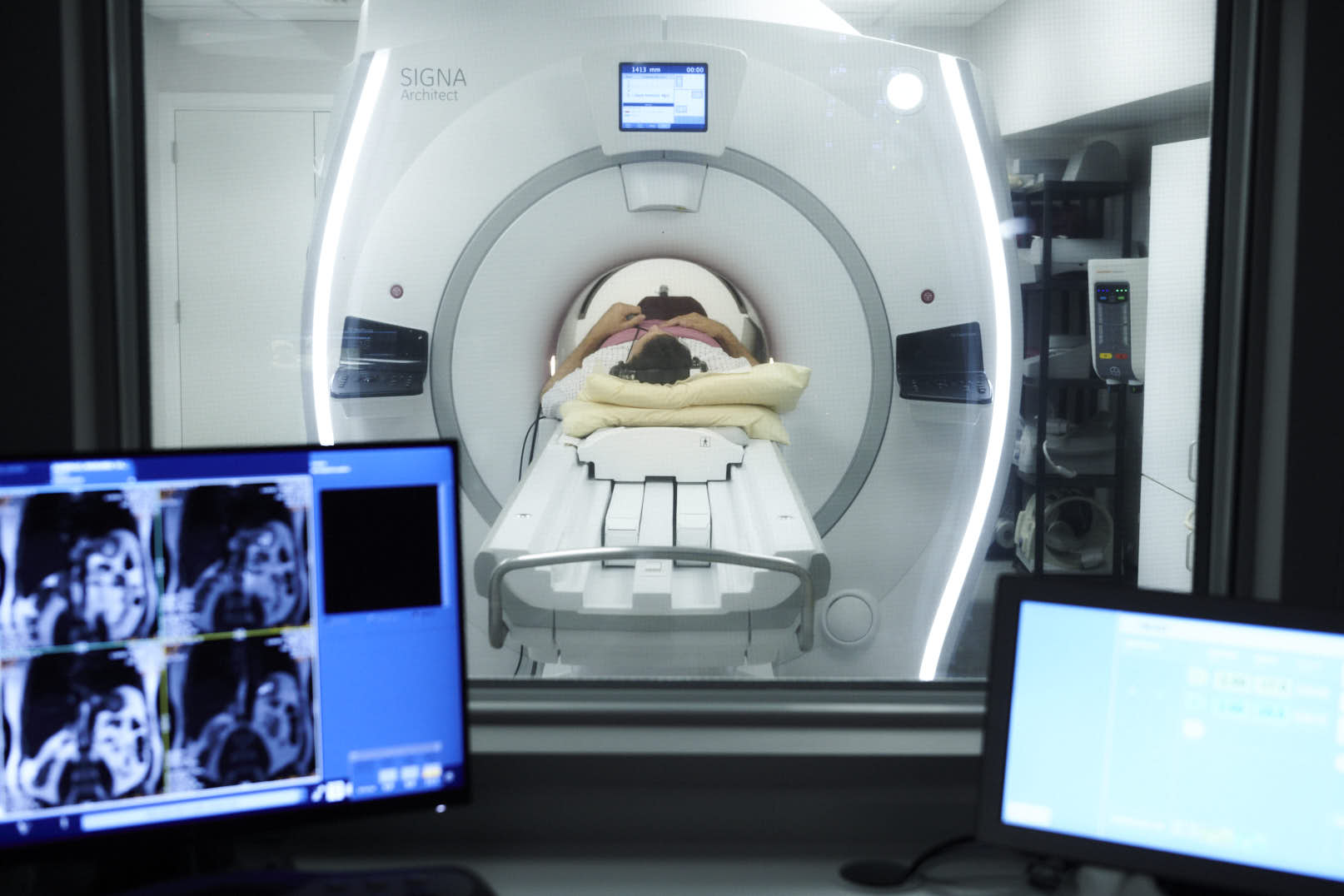This service or treatment is generally covered by most health insurance policies. You are responsible for checking your insurance policy cover, and you may need a referral letter. Check which insurance companies are covered.
MRI for Patients with Pacemaker and Implantable Defibrillators
At Welbeck, we are among the few hospitals in the country that offer MRI scans to patients with pacemakers and implantable defibrillators.

What is MRI for patients with pacemakers and implantable defibrillators?
What does MRI for patients with pacemakers and implantable defibrillators involve?
What are the risks of MRI for patients with pacemakers and implantable defibrillators?
- device malfunction
- lead heating
- inappropriate pacing or shocks
- magnet interference
- discomfort or anxiety
How to prepare for an MRI for patients with a pacemaker and implantable defibrillators
Recovery and aftercare
There’s usually no recovery period needed after having an MRI. You can go straight back to your usual routine once the scan and device check are completed.
How much does an MRI for patients with a pacemaker and implantable defibrillators cost?
Please contact our Imaging & Diagnostics centre for pricing information.
Why choose Welbeck?
Booking an MRI for patients with a pacemaker and implantable defibrillators
Overview
What is MRI for patients with pacemakers and implantable defibrillators?
What does MRI for patients with pacemakers and implantable defibrillators involve?
What are the risks of MRI for patients with pacemakers and implantable defibrillators?
How to prepare for an MRI for patients with a pacemaker and implantable defibrillators
Recovery and aftercare
How much does an MRI for patients with a pacemaker and implantable defibrillators cost?
Why choose Welbeck?
Booking an MRI for patients with a pacemaker and implantable defibrillators


